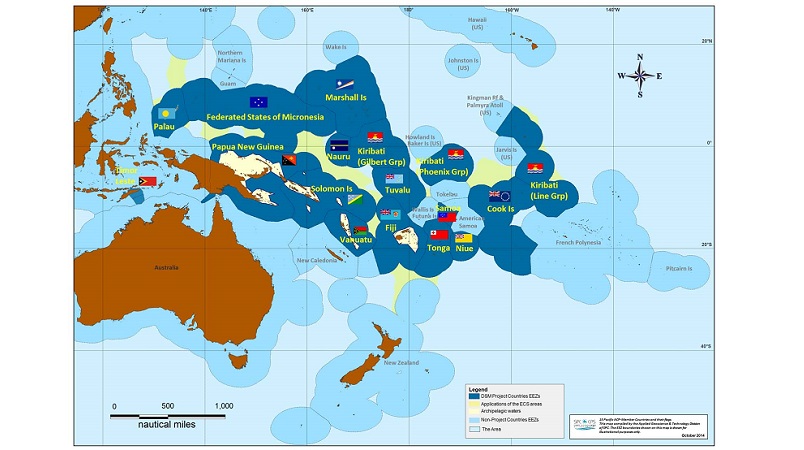
Citizens from all around the world including civil society organizations in the Pacific have joined the global call on the International Seabed Authority (ISA) to halt issuing further exploration licences and to establish a moratorium on experimental deep
The Pacific coalition inclusive of partners with the Bismarck Ramu Group (BRG) in Madang, Papua New Guinea, and regional NGO, Pacific Network on Globalisation (PANG) supports the international call.
PANG’s media and campaigns officer Joey Tau says it is risky for the Pacific region as work on this experimental process of mining our seafloor is progressing faster than the science can catch up.
“Over 1.5 million square kilometres of ocean floor within Pacific EEZ’s is already under exploration leasehold in the Pacific Ocean alone and the ISA has approved 27 exploration licenses for deep sea mining in international waters,” said Tau.
Hey say it is disappointing that exploration in the Pacific has taken place with no proper understanding of the environmental impacts of exploration, let alone full scale exploitation of resources. In addition the free and prior informed consent of customary land owners have not been considered in the rush to mine minerals on the seafloor.
BRG coordinator John Chitoa shared similar views, adding that terrestrial mining in PNG and the region had proven disastrous, thus we should not touch the sea which is our heritage, our identity, and our existence.
“The risks and impacts of this experimental mining are still unknown and Pacific people must be properly consulted before any work is carried including exploration,” said Chitoa.
New Zealand has rejected two marine applications to mine the seabed while the Northern Territory of Australia has extended the imposed moratoriums (which have later led to respective bans).
All of these decisions based on the lack of clear scientific understanding of the impact of seabed mining and therefore the strictest application of the precautionary principle, as well as the potential impact of livelihoods and customary practices of indigenous communities who are custodians of these resources.
Chitoa argues that both cases from New Zealand and Australia should be precedent cases for the Pacific, especially PNG to follow.
The coalition adds that the issue of deep sea mining is not just for scientists and mining companies. The debate has to be much broader and completely transparent.
There is insufficient scientific data about the impacts of experimental deep sea mining, no regulatory frameworks in place to govern mining operations and the capacity to enforce such frameworks does not yet exist.
